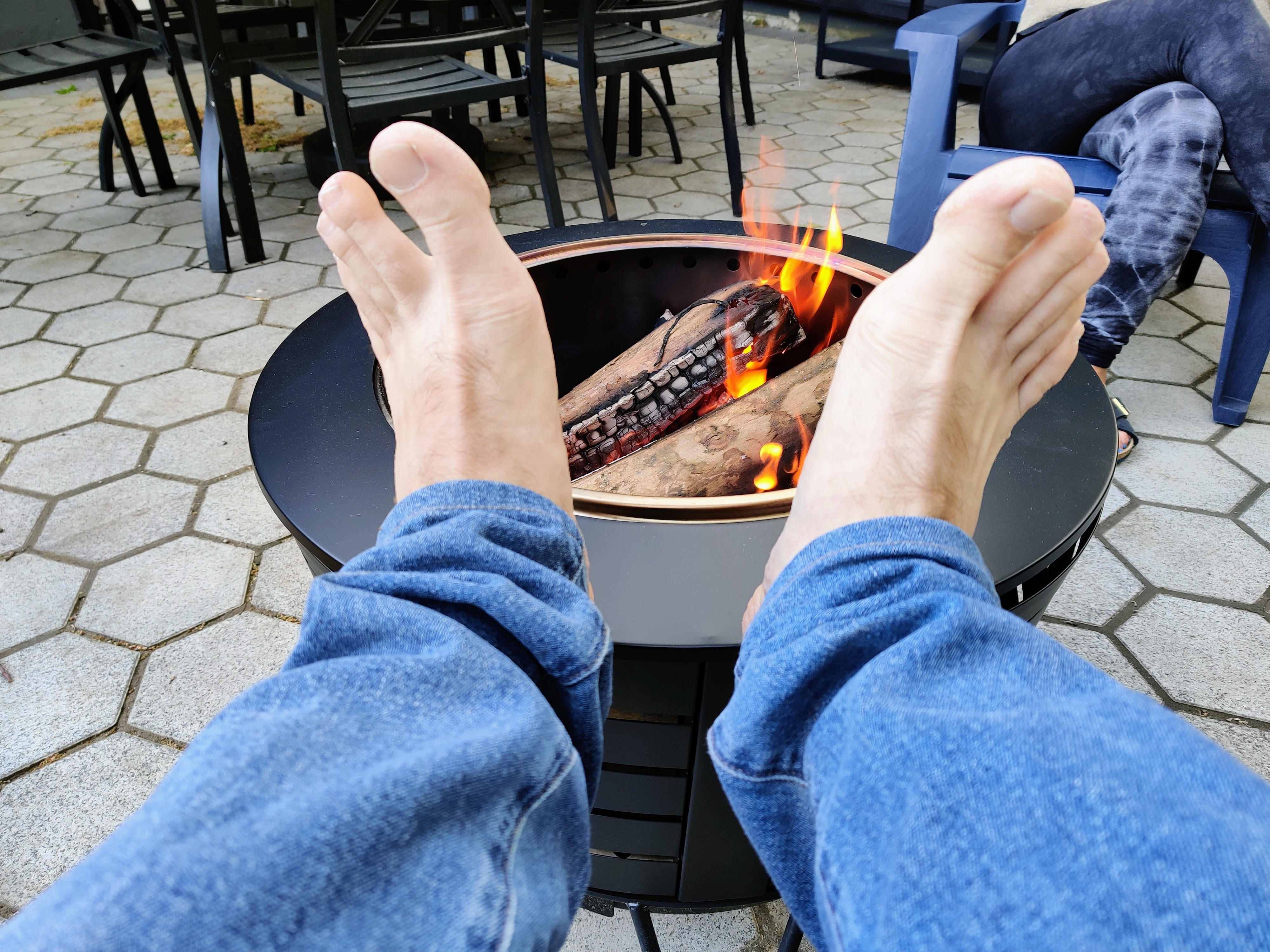cross-posted from: https://jorts.horse/users/fathermcgruder/statuses/110789232582943740
What’s a good torque wrench to get?
I want to replace the spark plugs in my car and I’m apparently going to have to torque them to 30Nm. #diy #tools
I just use my regular wrench and say “click” out loud when it feels nice and tight
Hi there! Looks like you linked to a Lemmy community using a URL instead of its name, which doesn’t work well for people on different instances. Try fixing it like this: [email protected]
As usual, Project Farm to the rescue
Want to go really cheap and tighten a broad range of newton meters? Use a wrench, a luggage scale, a calculator and science lol
https://www.engineeringtoolbox.com/torque-wrench-luggage-scale-d_1909.html
People use this trick to calibrate torque wrenches… I use it to tighten my motorcycle brake caliper bolts
Honestly, if you are just getting a torque wrench for spark plugs (and any other BASIC projects at home) any brand will do. Just make sure it has the torque range you need.
I recommend “click type” because they are easy to operate correctly, and easy to take care of. Seriously, read the manual that comes with it, and follow the steps everytime. If you do this, it will last you a long time.
I bought my two torque wrenches from Harbor Freight for about $10 each. Torquing frame bolts or spark plugs? No problem. Would I use them for valve train or engine internals? Absolutely not.
If you don’t want to go the cheap route, go to any big box store like Home Depot or Lowe’s (US) and anything name brand will do, as long as it has the torque range you need.
I’m a fiscally conservative (read: cheap-ass) diesel technician. Most people I work with have snap-on, matco, mac, or cornwell, but someone I work with said he has a Quinn at home that worked great so I got one and have had no issues with it.
I’ll suggest to not get any Harbor Freight torque wrench. I got one from there, and not only did it not work, it felt like it was packed with sand.
No joke.
I’m usually in the camp that suggests buying a cheap version of a tool from harbor freight and then using it until you break it before buying a good one, but torque wrenches are an exception to that. Just get a decent one at any hardware store unless you have snap-on money.
Yes, this! ☝️
Don’t cheap out on torque wrenches, or any other measuring tool for that matter.
Yeah, I learned not to buy harbor freight calipers the hard way lol.
You can use a Pittsburgh torque wrench as long as you calibrate it and check it often. I have tried a few different torque wrenches, and so long as you don’t drop them and keep them calibrated they’ll pretty much all accomplish the same task. The Pittsburgh performed the same as my Matco, only difference was the click wasn’t so harsh on the Matco and the handle knurling was higher quality on the Matco.
Personally I am partial to the bar style torque wrenches, but they’re really specific about how you need to use them, which the click-ratchet style are more forgiving about.
Yeah, that’s a hard NO from me captain. The brand I got was a Pittsburgh, and when I say it felt like it was packed with sand, I wasn’t exaggerating.
Think like what a torque wrench would feel like after you let a toddler play with it on a sandy beach for a week. Yeah, it was that bad, just to try turning the adjustment on the handle was super crunchy, to say the least.
At least I made damn sure to keep the receipt and got a refund the next day. Never again, not from Harbor Freight anyways.
Yours must have been damaged from the factory, or a mislabelled return I guess. It can happen. Mine work fine, still do 4 years after I got them. They’re mostly accurate, within a pretty good tolerance like +/- 5% or so like most other torque wrenches. Nothing compared to Precision Instruments, but Pittsburgh won’t kill the bank like PI will. PI is the best for torque and other precision related tools, but they’re rather expensive.
Again, the most important thing is to calibrate it and check its calibration before use. This goes for all torque wrenches. Also, always store the torque wrench set to zero, never at any number other than zero. As soon as you are finished torquing the fasteners you need to, set it back to zero. Basically try to keep your torque wrench set to the torque you need for the least amount of time possible. Doing so keeps it calibrated longer and in the best shape it can be. Do not use the torque wrench to break fasteners loose or to tighten fasteners snug. If you have to ratchet the torque wrench more than about 2 turns (unless you like the bar-type like I do), just switch to a regular ratchet, unless the required torque is approached. Also keep in mind wet and dry torque values are different.
I have never over or under torqued a fastener with a Pittsburgh torque wrench, or any torque wrench for that matter.
I do have to admit, I caught the thing on one of their sale deals, like $10+tax. I was hoping I got me a good deal, but unfortunately I got a dud.
Who knows, maybe they accidentally dropped the entire palette in a pile of sand
Gedore TORCOFIX wrenches are excellent, but a bit spendy.
Any of those suggested here are good just pick one to suit your budget. The most important thing is to make sure it comes with a calibration certificate to say that 30Nm is in fact 30Nm. If you’re in the trade then get it calibrated yearly.







